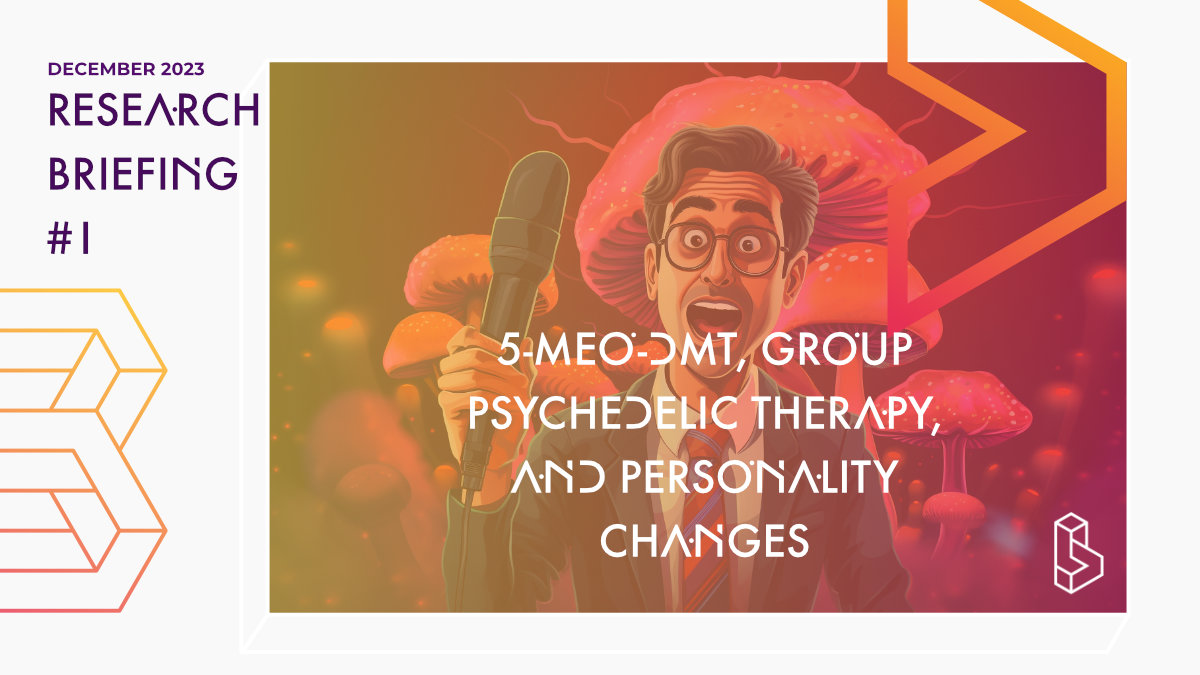I’m testing a new format (or bringing back a format from the past) that narrates the latest psychedelic research from the past week in a more extensive format than there is space for in the monthly recap. Here is the first edition:
Analysing the costs (and savings) of psychedelic-assisted therapies … in a group format
Recent years have seen rapidly expanding research interest in the potential of psychedelic compounds to treat mental health conditions. Several promising clinical trials have demonstrated that psychedelic-assisted therapies (PAT) can provide rapid and sustained relief for patients with treatment-resistant depression, anxiety, PTSD, and more. However, there are still obstacles to making these novel treatments widely accessible if approved. In particular, the therapy protocols require intensive one-on-one support, which limits patient volume and drives up costs.
An economic analysis published this month aimed to quantify potential cost savings and improved access by utilizing group therapy models rather than individual sessions for PAT. The researchers examined data from two psychedelic therapy trial sites treating PTSD and depression. They found that group therapy sessions reduced variable clinician costs per patient by 51% for PTSD treatment with MDMA and 35% for psilocybin therapy for depression. If applied more broadly, this could significantly extend the supply of qualified psychedelic therapists. The analysis estimated that adopting group protocols could reduce the number of full-time clinicians needed to treat eligible PTSD and depression cases nationwide over the next decade by up to 6,711 and 1,159 respectively. This would translate into over $10 billion in projected cost savings for MDMA-assisted therapy and $2 billion for psilocybin treatment.
The study demonstrates the efficiency gains possible with group psychedelic sessions. If supported by further research, shifting more protocols to incorporate group therapy could be pivotal for containing costs as PAT scales up. Savings would make the treatments economically sustainable while enabling wider patient access with the current limited therapist pool. The group model may be key to overcoming barriers on the path toward integrating psychedelics into mainstream psychiatry.
Continue reading about the other highlighted studies by becoming a paying member.
Become a psychedelic insider
Get a Pro Membership to enjoy these benefits & support Blossom📈 full reports on Topics & Compounds
🧵 full summary reviews of research papers
🚀 full access to new articles
See Memberships

